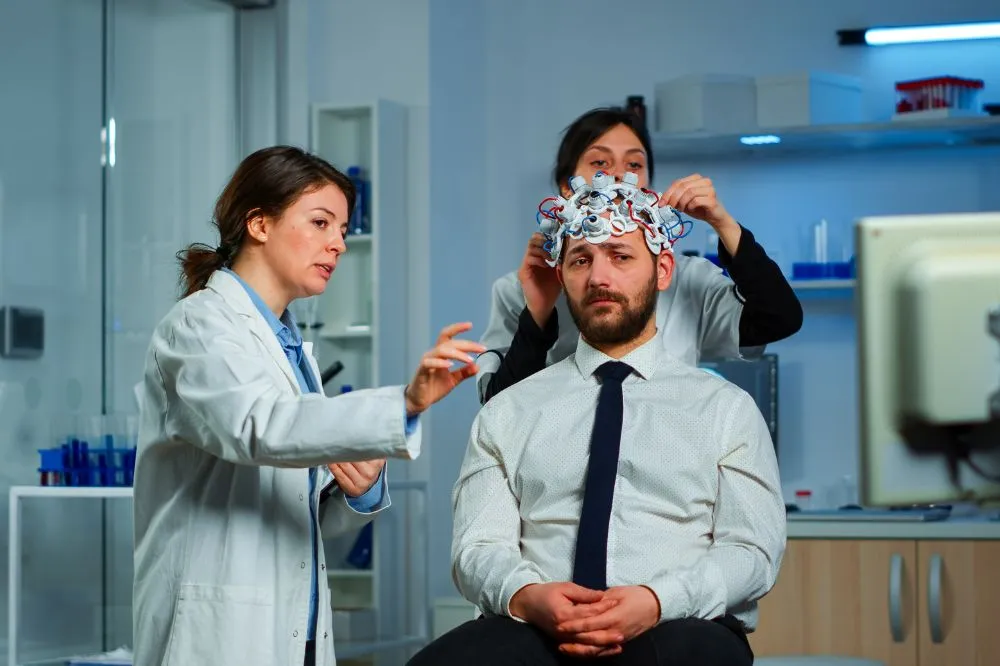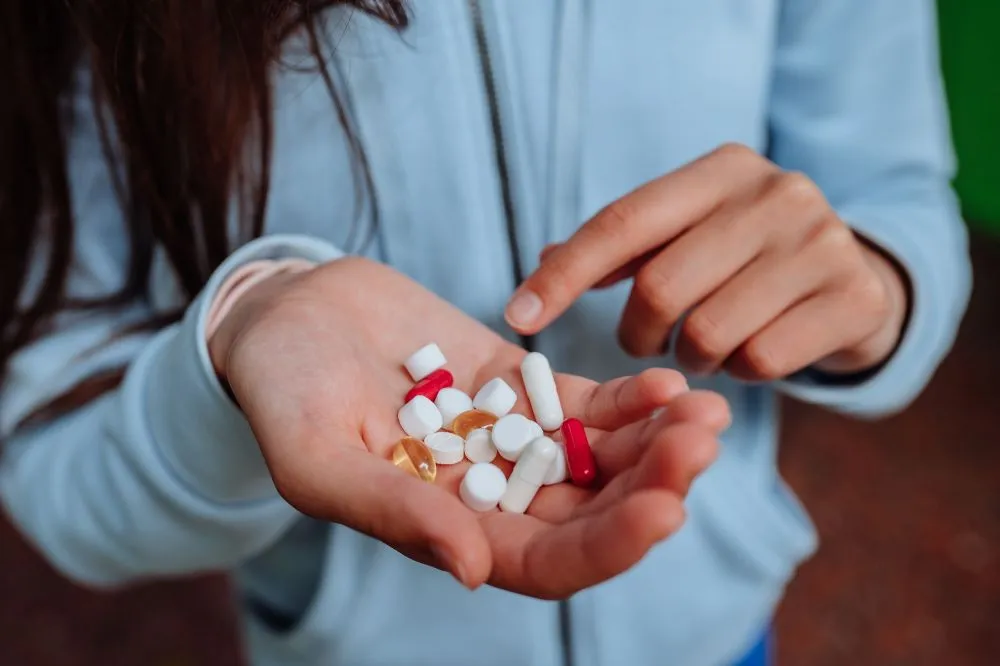Summary: The incidence of a heart infection or endocarditis is unusually high in those who inject drugs due to syringe contamination. Moreover, AHA says that endocarditis treatment often fails in those who inject drugs and have opioid dependency, as such individuals often fail to complete prolonged intravenous antibiotic treatment. Hence, AHA says treating addiction is key to managing endocarditis in those who inject drugs. A dedicated opioid addiction treatment program can become the key factor here.
With the advent of antibiotics, heart infections have increasingly become less common. Nonetheless, it remains a significant problem in specific population groups like those injecting drugs. Though the problem is pretty common among drug addicts, there has not been a specific treatment recommendation for the population group. AHA (American Heart Association) has published a new statement in their journal Circulation.
Managing any infection is challenging in the population groups who inject drugs. Since these are people living with multiple infections, many are immune compromised, and they have poor health. However, infections like heart infections are challenging to manage in non-addicts and highly challenging to manage in those who inject drugs. Since a considerable number of those living with endocarditis inject drugs, AHA has come up with detailed guidelines.
AHA states that treating endocarditis in this population group poses many challenges. Moreover, they noted a disproportionately high prevalence of endocarditis in those who inject drugs. In addition, they have found that without the treatment of substance use disorder (SUD), these patients are unlikely to benefit. Hence, the treatment of endocarditis in those living with SUD must be done by multispecialty teams. Else, preventing frequent infection relapse will remain challenging.
About infective endocarditis:
- Each year more than 35K cases of endocarditis are reported in the US.
- The condition has a high mortality rate of about 20%.
- Heart valve disorders are common in those affected by endocarditis. In addition, infection of heart valves is challenging to treat as valves lack blood supply.
- There are many sources of heart infection, like poor dental health, burns, and injecting drugs is among the relevant causes.
- Studies show a significant increase in endocarditis due to drug injections between 2002 to 2016. Such patients now make up 16% of all cases of endocarditis, a rise from 8% since 2002.
- People who inject drugs are more likely to be affected by endocarditis at a young age. The average age of such patients is 38 years. In contrast, non-drug users are rarely affected by endocarditis before the age of 45 years.
Specialists say that endocarditis treatment often fails in those injecting drugs. Endocarditis requires prolonged antibiotic therapy of 6 weeks. However, drug addicts often leave the hospital before antibiotic therapy is completed. Therefore, doctors are also exploring other treatment options like using intravenous antibiotics requiring shorter treatment or switching drug users to oral antibiotics so that they can finish their treatment.
Further, experts say that for successful treatment of endocarditis in those who inject drugs, it is vital to initiate substance use disorder treatment using FDA-approved medications. This can help reduce withdrawal syndrome and thus reduce the chances of patients abandoning endocarditis treatment prematurely.
Additionally, experts also recommend screening patients for drug use. This will help provide medical care without judgment and also for opioid addiction treatment. Further, there is a need to raise awareness regarding the risk of endocarditis among drug users, as safer injection practices may significantly reduce the risk of the condition.
Finally, treating doctors should keep in mind that drug users often lack health insurance and have many financial issues, which may also adversely impact treatment outcomes. Moreover, those using drugs are more likely to live with other mental health issues.
Further, it is vital to overcome professional bias when treating people addicted to drugs. For example, many hospitals may not provide adequate help or accept patients for valve surgery if they learn that the patient injects drugs. However, studies show that outcomes of valve surgery are quite similar in drug users and non-drug users.






